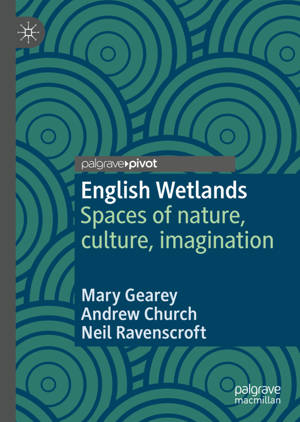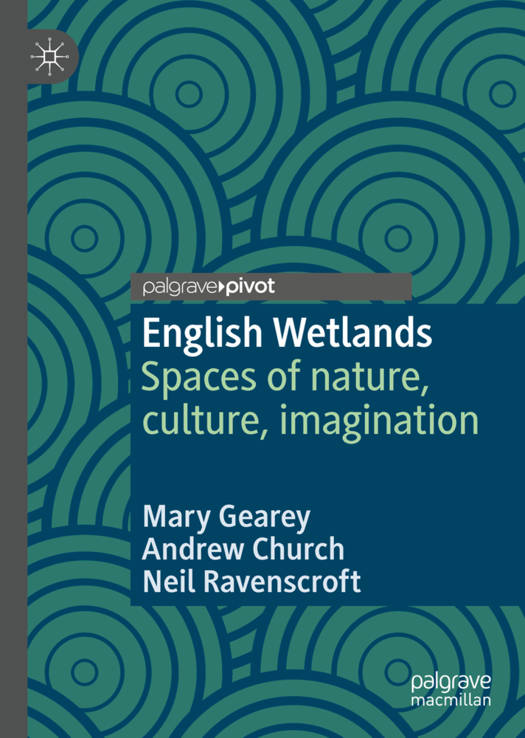
- Afhalen na 1 uur in een winkel met voorraad
- Gratis thuislevering in België vanaf € 30
- Ruim aanbod met 7 miljoen producten
- Afhalen na 1 uur in een winkel met voorraad
- Gratis thuislevering in België vanaf € 30
- Ruim aanbod met 7 miljoen producten
Zoeken
English Wetlands
Spaces of Nature, Culture, Imagination
Mary Gearey, Andrew Church, Neil Ravenscroft
Hardcover | Engels
€ 68,95
+ 137 punten
Omschrijving
This book argues that to understand wetlands is to understand human development. Using case studies drawn from three English wetlands, the book moves between empirical research and scholarship to interrogate how these particular ecosystems have played an essential part in the development of our contemporary society; yet inhabit a strange place in our national psyche. Chapters address a range of cultural and environmental wetland concerns. Consideration is given to: the ways in which we have revered, engineered and renaturalised these landscapes throughout history; English wetlands as spaces of beauty, creativity, reflection, rejuvenation and multi-species interactions; accelerating climate change in an age of neoliberalism. The final chapter then is a reflection on our collective lives together alongside other species, exploring what sustainability transitions might mean for human-wetland relationships.
Specificaties
Betrokkenen
- Auteur(s):
- Uitgeverij:
Inhoud
- Aantal bladzijden:
- 175
- Taal:
- Engels
Eigenschappen
- Productcode (EAN):
- 9783030413057
- Verschijningsdatum:
- 17/07/2020
- Uitvoering:
- Hardcover
- Formaat:
- Genaaid
- Afmetingen:
- 148 mm x 210 mm
- Gewicht:
- 381 g

Alleen bij Standaard Boekhandel
+ 137 punten op je klantenkaart van Standaard Boekhandel
Beoordelingen
We publiceren alleen reviews die voldoen aan de voorwaarden voor reviews. Bekijk onze voorwaarden voor reviews.











